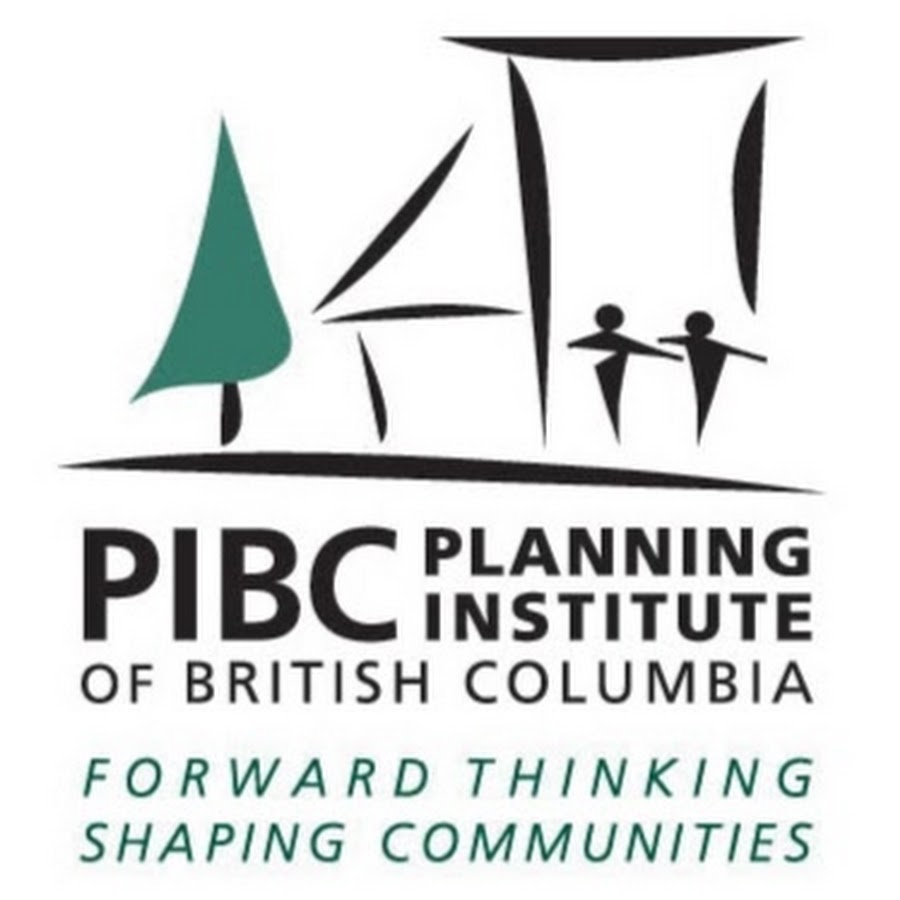Scroll down for current highlights on the range of work and interests of featured faculty and students at SFU Resource and Environmental Planning Program. For more information on SFU, its planning program, students & faculty, visit: http://www.sfu.ca/rem/planning.html.
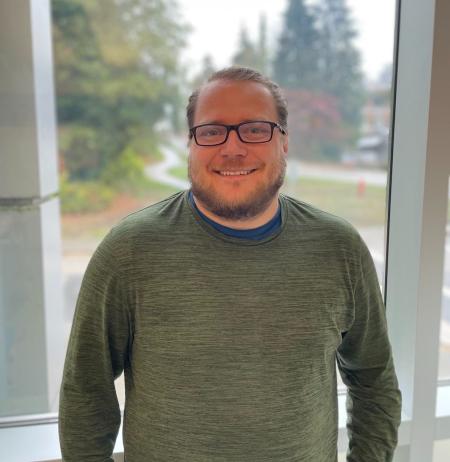
What makes you passionate about planning?
What initially attracted me to the profession is the understanding that ‘planning is knowledge in action’. I’m a strong proponent of community-based research for community well-being, and I see that my role as an academic is to support this work through praxis, learning from and with community, empowering and giving back through recommendations and interventions that inform planning decisions and policy formation or reform. I’m passionate about planning work that centers the voices of communities, especially those within communities whose voices have been ignored for so long.
Tell us about a project you are working on and why it excites you.
I’m currently in the process of completing my Ph.D. dissertation, where my research explores aspects of Indigenous sovereignty and self-determination as they apply to Indigenous and settler governance of land and resources. I’m exploring how self-determination can be realized through three different avenues: community economic development and natural resource extraction, Indigenous participation within current state-based engagement processes and governance frameworks, and the resurgence of community-based decision-making processes grounded in community knowledges, laws, and values. As I mentioned, I’m passionate about work that empowers Indigenous self-determination and I hope to continue to do work that lifts up community-based decision-making processes within community and environmental planning.
What do you think the most important challenge will be for planners in the future?
I’m a big Lee Maracle fan, and often I find things she’s written pop into my mind when I’m reflecting. “Where do you begin telling someone their world is not the only one” – Lee Maracle, Ravensong. I think there has been a lot of positive discussion around truth and reconciliation, but I think the planning profession and planning practitioners themselves need to do a bit more learning and critical reflection on how planning processes historically and presently privilege western epistemologies and produce and maintain injustices through settler-colonial policies and plans. I think this type of learning and unlearning will help Indigenous and non-Indigenous communities come together and plan for an equitable future.
What are you most excited about at your planning school?
While I’ve just started as a faculty member here in REM, I’ve been a REM student for the past 8 years and have seen the program grow and change in exciting ways. I’m really excited to now be joining a team of passionate planning faculty and am looking forward to the opportunity to teach and inspire future REM planners.
Please tell us about a place or plan that has been influential to you.
I’m a band member of Six Nations of the Grand River and I grew up in Six Nations territory, on land that has been a part of a land dispute since long before I was born. Six Nations was granted a tract of 950 000 acres of land in southern Ontario in 1784 through the Haldimand Accord, for our allyship in the American Revolution. Since that time nearly 95 percent of our lands have been taken from us - an experience that is not unique to Six Nations. Growing up in this contentious political space has had a tremendous influence on what drives me, informing both the research and the teaching I hope to do. I also love going out on the water, growing up on the grand might’ve had something to do with that.
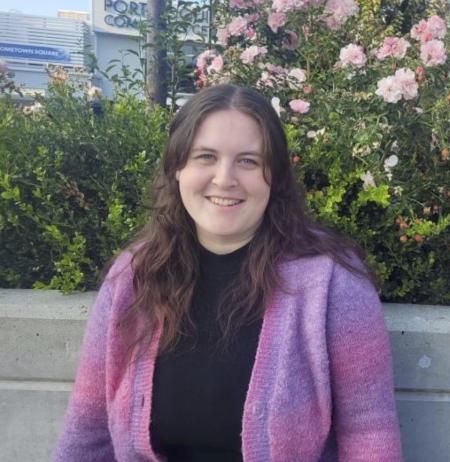
What makes you passionate about planning?
Planning is the intention to leave a place better than you found it. It can strengthen feelings of belonging in communities and give a new sense of place to public spaces. Whether it's envisioning a robust urban forest, improving transportation connectivity, or fostering local sustainable food systems, planning has the potential to affect positive change in communities. Planning, to me, is not just a profession; it's a pathway to create positive change and uplift communities.
Tell us about a project you’re doing and why it excites you
I’m currently working on a project with my supervisor – Dr. Tammara Soma – that looks at the Agricultural Land Reserve (ALR). In B.C., the ALR was designed to protect the integrity of agricultural land across the province. In Metro Vancouver and beyond, a growing percentage of agricultural land protected under the ALR is not being used for farming. This underutilization of high-quality farmland challenges the viability of farming and can negatively effect Metro Vancouver’s future food security. The research project I am working on looks at policy instruments and planning tools that may ensure the integrity of the ALR and protect Metro Vancouver’s local food system.
As a GIS Technician working for the Ministry of Agriculture – on the Agricultural Land Use Inventory (ALUI) project – I’ve seen firsthand how agricultural land use is changing. A growing percentage of farmers are unable to farm their land for a multitude of reasons, leaving Metro Vancouver’s food system at risk. I’m excited to work on this research and inform planners on ways to protect local food sources with a strong ALR. Hopefully we can find ways to support future farmers and farming families in B.C. to improve local food security.
What do you think the most important challenge will be for planners in the future?
I think the clear answer is climate change – it creates wicked problems in all aspects of the planning profession and will be something we need to face for decades to come. Planners will need to both predict and adapt to the effects of climate change, both on short- and long-term timelines.
Aside from climate change, I think the most important challenge in the context of B.C. (and Canada) will be navigating what reconciliation and decolonization looks like in all levels of planning. It will present challenges but also beautiful opportunities – it can give us a deeper, more meaningful context to view the rich history our communities. We will have the opportunity to participate in meaningful consultation with Indigenous peoples, and through that, be able to transform communities for the better.
What are you most excited about at your planning school?
I’m lucky to have the opportunity to learn about planning from compassionate, fiercely intelligent professors who are always willing to share their time and ideas. Additionally, the opportunity to explore other topics is exciting. I get an amazing opportunity to delve into topics such as: ecology, policy, negotiation, and Indigenous studies (just to name a few). I know that the depth of knowledge I will have at the end of my program will strengthen my “planning toolkit” for when I move into the professional realm.
Please tell us about a place or plan that has been influential to you.
I grew up in the Port Coquitlam (PoCo) community – whether it was playing for the Port Coquitlam soccer team, biking along the Coquitlam River, or walking to the weekly farmer’s market, PoCo played a large part in my development. In past years, PoCo had a dying Downtown core and aging infrastructure, making it a less desirable place to live.
In recent years, I’ve watched the city undergo exciting changes to the Downtown core. Changes such as a Downtown Revitalization plan, refurbishing of paths along the Coquitlam River, and new mixed-use developments across from the new PoCo Community Centre have demonstrated the positive influence that planning can have on a community. These new changes have breathed life into an otherwise forgotten part of the Tri-Cities. Seeing the positive effects of these changes – such as an increase in biking and pedestrian traffic, creation of accessible greenspaces, and a greater sense of community among residents – has been inspirational for me to witness. It’s clear that planning is the foundation of all these positive changes, and I want to be a part of that.
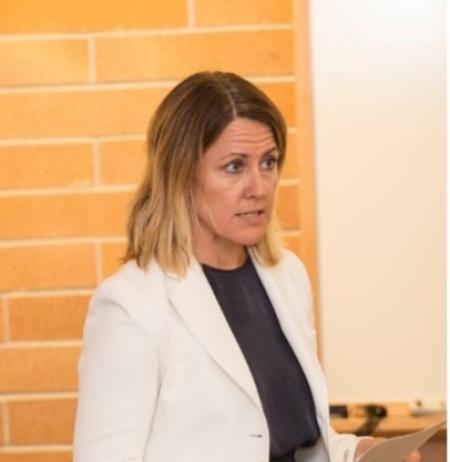
What makes you passionate about planning?
What makes me passionate about planning is the possibility planning has to bring professional, research and community attention together to find critical and constructive ways forward from a reckoning with the many difficulties that our communities are in. The possibility of imagining and building sustainable cities is very exciting to me.
Tell us about a project you are working on and why it excites you.
I am working on a knowledge synthesis of research, policy and practice in social connections and social quality of life in multi-unit residential buildings. The 'Emerging Asocial Society' was identified as a significant future challenge to imagining Canada's future and my team is looking at this issue from an urban housing and neighbourhoods perspective. Most of the planning research into denser urban forms in Canada has been done as a comparative exercise: to make a case for how higher-density performs in comparison to more traditional residential neighbourhood forms. This comparative work has helped make a convincing case for denser housing options in Canadian cities, so there is no longer any question about whether an increasing share of Canadians will live in high-density built environments. In fact, these built environment forms are among the fastest growing typologies -- in BC in particular, new homes in high-rise buildings were created more than 5 x the rate of single detached homes, in the 2016-21 census period. What we currently lack is understanding of what policies, programs, designs, and approaches are effective when it comes to adequate provision of infrastructure, amenities and services to ensure social quality of life in high density neighbourhoods. Our knowledge synthesis will stimulate advances in this area.
What do you think the most important challenge will be for planners in the future?
I think there is an opportunity and a challenge in this generation to evolve the planning profession to recognize the limiting, destructive, and harmful ways we have built it up in the past two generations and make the shift to draw on more diverse knowledges, more communities, and more practices to actually meet the needs coming home to communities today. I see lots of signs that this is already happening. It is hard to question and rethink your first principles when there are so many pressing practical issues at stake but planning needs to do both.
What are you most excited about at your planning school?
I recently joined the SFU REM planning school so everything about it is still new and interesting to me!
Please tell us about a place or plan that has been influential to you.
When I moved to Vancouver in 2003, I moved to the West End. It was the era you could call ‘Vancouverism 1.0.’ Life treated me very well. I found a breezy 1200 square feet character apartment in a 14-story point tower with the whoosh of the ocean waking me up gently on summer mornings. On winter mornings, I could look out the windows and feel like English Bay beach belonged to me alone (as could thousands of other window gazers like me). I felt like I had said goodbye to the dark side of urban life that I thought just came with the territory: cockroaches, black soot, and suspicions of violence in the apartment next door. In the West End, not only was the air clean and the neighbourhood spirit bright, not only could I walk to work, but there were always interesting things to see and do, even in the rain. And the public realm was so rich. When I wasn't working, I had long walks on the seawall, coffees at Delaney’s, organic cherries at Caper’s, and swam laps at Second Beach pool. It was a new experience of urban quality of life and well-being, for me, and I have kept that possibility space with me since that time. The planning path that got the neighbourhood to that inflection point was not unproblematic, and much has changed in planning since in the West End as in Vancouverism generally.
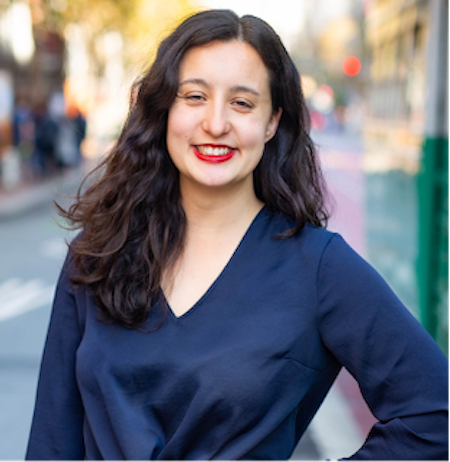
What makes you passionate about planning?
My passion for planning stems from my love of coastal cities and the continual act of city-making, un-making, and re-birth. Bordered by water, coastal cities are places of innovation and opportunity as well as great inequity and differing levels of care for the people living in them. Planning has helped fuel many of the crises our cities are dealing with today, yet I remain optimistic that planning can offer a container for transformation, healing, and ensuring an equitable future.
Tell us about a project you are working on and why it excites you.
I'm currently working with my supervisor Dr. Andréanne Doyon on Living with Water, a PICS-funded collaborative research project focused on nature-based solutions to sea level rise for the B.C. South Coast. As part of this project, I'm conducting research on evaluating equity and justice on coastal adaptation and am using the City of Vancouver's Sea2City Design Challenge as a case study. This project and case study excite me because of their focus on collaborative strategic planning and the ways in which they have woven decolonization and equity into their processes.
What do you think the most important challenge will be for planners in the future?
In my opinion, the most important challenge for planners in the future is how we adapt to climate change with care, accountability, and repair. Climate change is already disproportionately impacting equity-denied communities around the world, and I worry that business-as-usual solutions will widen social inequities rather than narrow them. I believe we as planners must work to minimize the climate burden unfairly placed on those who have contributed the least to global emissions.
What are you most excited about at your planning school?
At SFU's School of Resource and Environmental Management, we center interdisciplinary thinking and collaborative approaches to research. Within the planning program, I love that my peers are constantly engaging with community partners and working on research that addresses real challenges facing communities and landscapes across B.C.
Please tell us about a place or plan that has been influential to you.
The San Francisco Bay Area in California has been hugely influential to me. Growing up in a rent-controlled apartment in a dense and diverse San Francisco neighbourhood, I learned from a young age how to navigate shared space with my family, neighbours, and community. Through my sea level rise resilience work prior to my masters, I also saw how collaborative planning at the local and regional scale is absolutely essential for planning for the impacts of climate change in urban areas. I now live in Vancouver and have been enjoying getting to know this beautiful B.C. coastal city.
